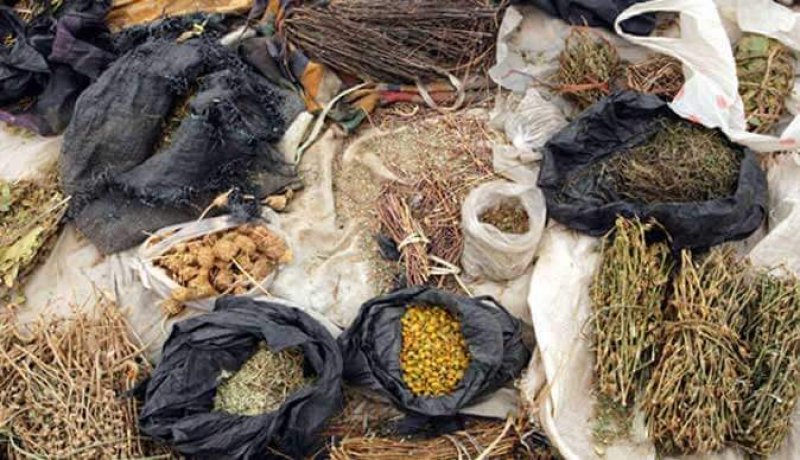…
This is the basic narrative of [Indigenous Ways of Knowing]: “Western” biomedical science is a cultural construct whose dominance is due not to its success in diagnosing, treating, and, in some cases, eradicating disease but rather to past imperialism and colonization by European powers.
…
Science is portrayed as being just another way of knowing whose preeminence in medicine is due more to cultural and national hegemony than to actual effectiveness.
…
“Western” scientists who promote IWK are, in essence, saying that we should trust “ancient knowledge” and that such ancient knowledge is just “another way of knowing” that is no worse or better than science, just different.
…
The example of the Nobel Prize for Artemisinin shows that some traditional medicines can be turned into highly effective medicines, although it’s hard not to note that the experience of screening natural products for medicinal properties (i.e. pharmacognosy) suggests a high wheat-to-chaff ratio. Respect for cultural knowledge, however, does not justify exempting ancient claims about medicine from scientific scrutiny or using a lower bar of evidence to use and regulate traditional medicines than we do for science based medicine.
Read full, original post: Science-based medicine versus other ways of knowing































